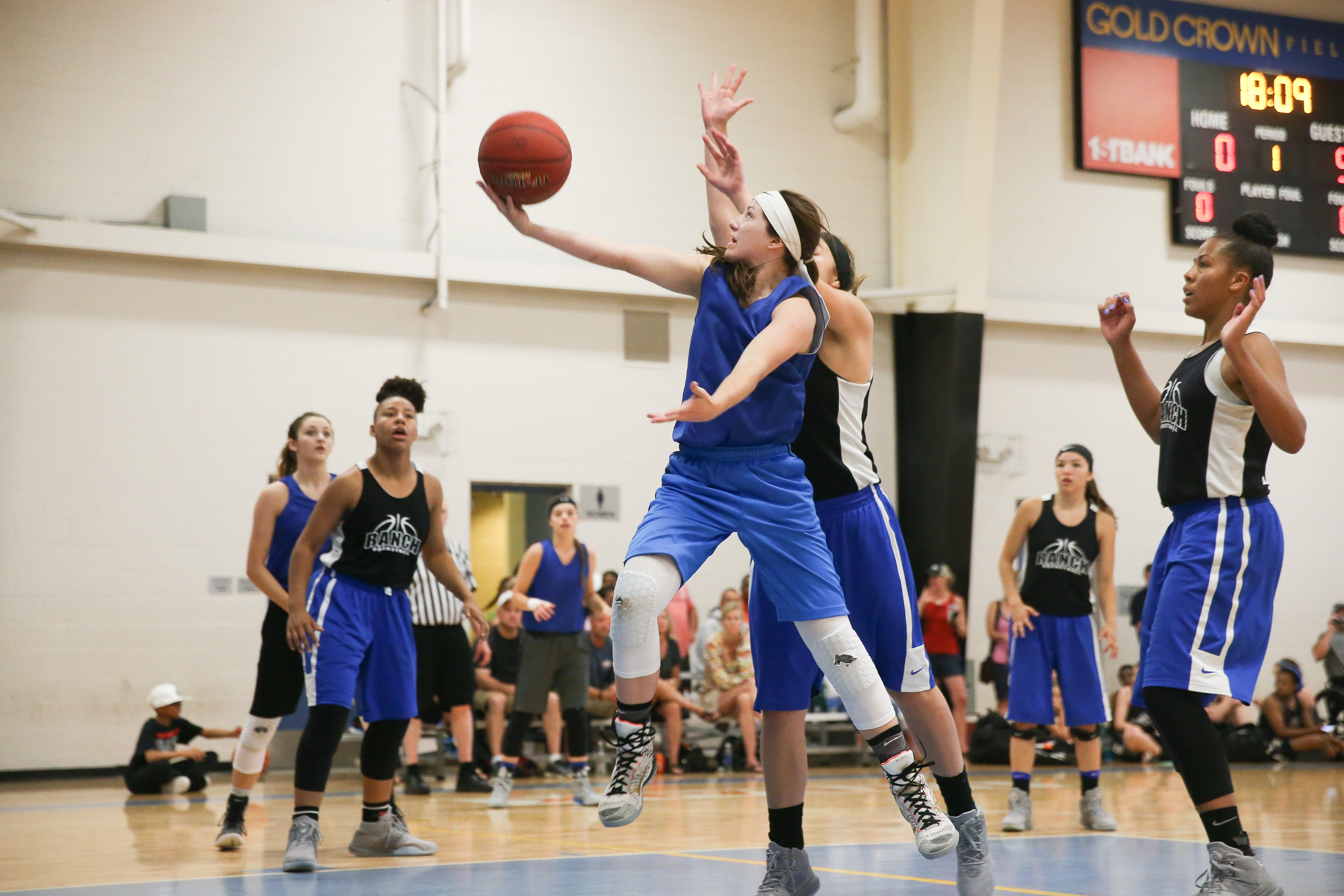If you asked our Head Athletic Trainer, Amber, what injury she sees most on the basketball court she would most likely tell you sprained ankles. Not a shock, but are there ways athletes can prevent sprained ankles while playing? Does something as simple as an ankle brace work? Our partners at Children's Hospital Colorado cite some research and offer a suggestion for youth athletes:
Should athletes be wearing ankle braces?
There’s so much to love about basketball—the rhythmic beat of dribbling, the cheers at a timer’s buzz, the squeak of sneakers pivoting on the court… But what about the grimace and time-loss of an athlete with a sprained ankle? Can these injuries be prevented?
Research by Timothy McGuine in 2011 is still cited by many as the foremost study suggesting that ankle bracing reduces risk of ankle sprains. McGuine, out of University of Wisconsin, published the results from his study, The Effect of Lace-up Ankle Braces on Injury Rates in High School Basketball Players, on the use of lace-up ankle braces in high school basketball. He looked at about 1,400 student athletes to determine if ankle braces would help them stay on the court.
Here’s what he found:
- Three times as many athletes sprained their ankle while playing without ankle braces than playing with one. This was true for girls and boys, varsity and JV, freshman and seniors alike.
- 68% fewer first-time ankle injuries happened while the athletes were wearing ankle braces.
This is pretty convincing! Based on these results, I would recommend talking with your athletic trainer or coach about the best type of lace-up ankle brace for you and to make sure your brace fits correctly.
Más información artículos sobre seguridad deportiva.
Written by the Sports Medicine team at Children’s Hospital Colorado.

